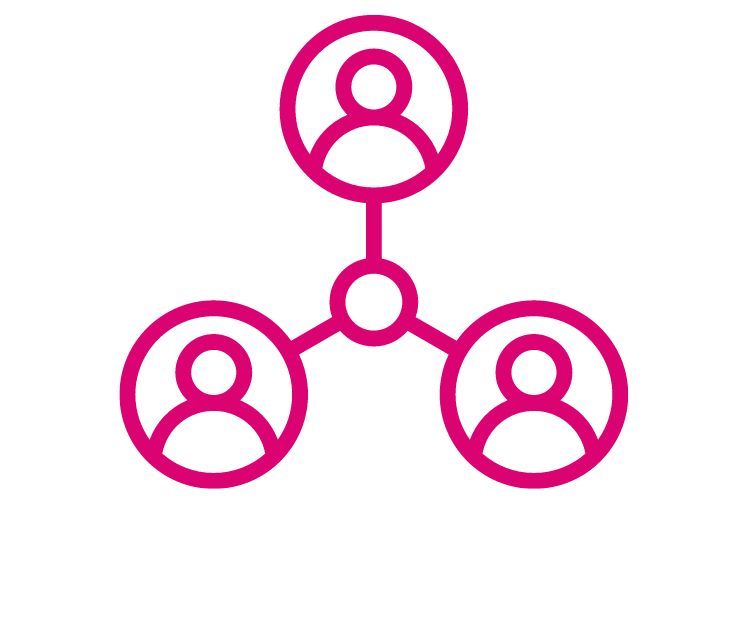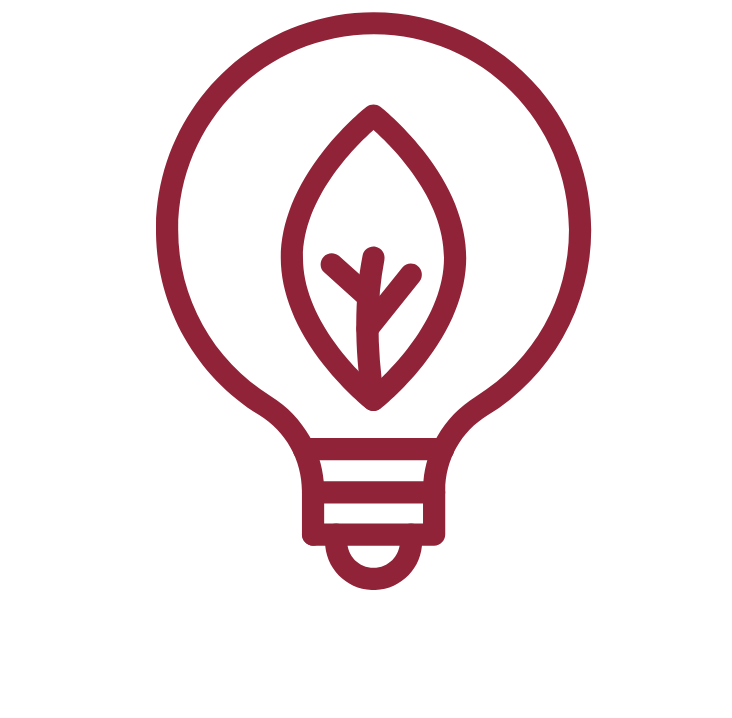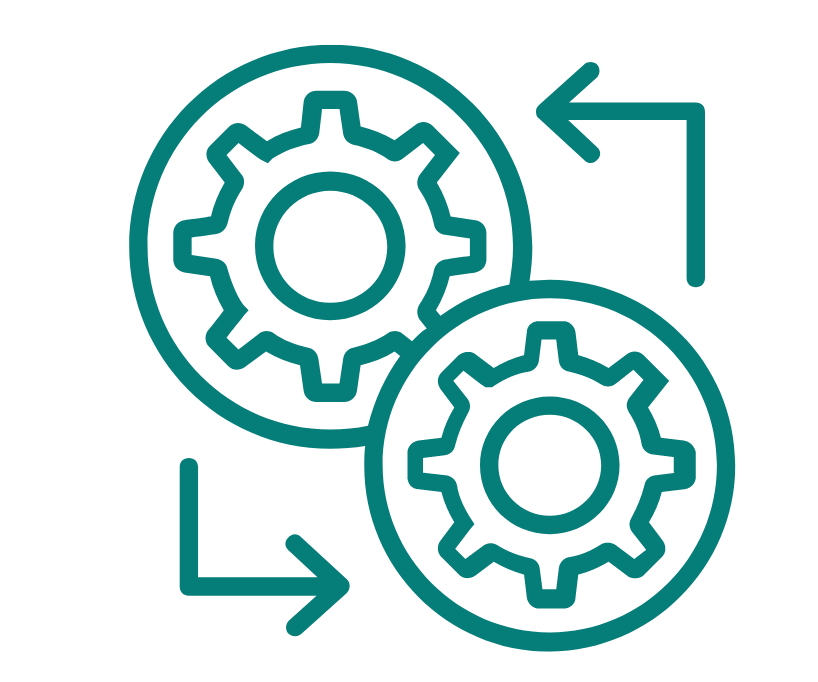Polygeneration Innovation Park, Colombia: A Sustainable Energy Frontier
Project overview
The Sustainable Polygeneration Park is a pioneering project involving Concordia University, the Next-Generation Cities Institute and Colombian partners, aimed at leveraging renewable energy sources to reduce carbon inventories and increase local energy source shares, enhancing energy security, resiliency, and ensuring cost savings.
The project will establish a living lab in the Botanical Garden of Bogotá that transforms bio-waste into energy through processes like gasification and anaerobic digestion while harnessing photovoltaic solar energy and producing hydrogen. It aims to provide a comprehensive model for community energy systems, addressing the needs for heating, cooling, electricity and renewable fuels.
The project underscores a commitment to sustainable energy development, fostering global cooperation, and supporting Indigenous communities through cooperating partners. It represents a significant step towards the adoption and optimization of community energy systems, promoting economic viability, local development and environmental conservation.
Key project details
| Principal investigator | Fuzhan Nasiri, associate professor, Concordia University |
| Co-principal investigators | Ivan Kantor, associate professor, Concordia University; Aphrodite Salas, associate professor, Concordia University |
| Research collaborators | Ursula Eicker, Concordia University; Chris Henderson, Indigenous Clean Energy; Joan Carles Bruno Argilaguet, Universitat Rovira i Virgili; Alberto Saldaña Robles, Universidad de Guanajuato; Martha Isabel Cobo Ángel, Universidad de La Sabana; Jimmy Barco Burgos, Concordia University; Jaime Jaimes Estévez, researcher in biowaste to bioenergy; Felipe Tarquino Trujillo, HydroThermIA Inc.; Jourdan J. Bolivar, chief financial officer; Lili Tatiana Vega Clavijo, chemical engineering; Luca Cimmino, mechanical engineer. |
| Non-academic collaborators | Botanical Garden, Bogotá Colombia; Tecnomedición SAS; Organization of Ibero-American States for Education, Science, and Culture; Gaia Amazonas Fondation; Kindicocha Foundation-Colombia; 3 Engineering Group S.A.S |
| Research Keywords | Resilient community energy, living lab, polygeneration systems, integrated energy systems, energy efficiency, renewable energy technologies, energy network implementation, economic feasibility, energy optimization, decentralized energy production. |
| Budget | Cash: $320,000 In-Kind: $277,500 |
Publications:
A. A. Sedighi, F. Nasiri, and F. Haghighat, “A framework for realistic estimation of indoor environments airborne infection risk: evaluating ASHRAE standard 241,” Building and Environment, vol. 287, p. 113817, Jan. 2026, doi: 10.1016/j.buildenv.2025.113817.
N. Rabiei, U. Eicker, and F. Nasiri, “Transit-oriented development and accessibility: A review and conceptual framework proposal,” International Journal of Sustainable Transportation, pp. 1–19, Dec. 2025, doi: 10.1080/15568318.2025.2608986.
K. Khalili, R. R. Ahrabi, P.-H. Chen, and F. Nasiri, “Optimal Allocation of Electric Vehicles Charging Stations in Commercial Parking Lots: A Mixed-Integer Nonlinear Programming Approach,” Sustainability, vol. 17, no. 23, p. 10862, Dec. 2025, doi: 10.3390/su172310862.
M. Fadaeefath Abadi, F. Haghighat, and F. Nasiri, “Availability-based maintenance prioritization for data centres: a dynamic programming approach,” Safety and Reliability, vol. 44, no. 3, pp. 180–215, Jul. 2025, doi: 10.1080/09617353.2024.2441545.
A. A. Sedighi, E. A. Nardell, F. Nasiri, and F. Haghighat, “Revisiting the Wells-Riley airborne infection model: A critical analysis of its use and misuse,” Building and Environment, vol. 280, p. 113136, Jul. 2025, doi: 10.1016/j.buildenv.2025.113136.
Z. Deldoost, F. Nasiri, and F. Haghighat, “Real-time analysis of pathogen dispersion patterns resulting from a moving infectious person,” Building and Environment, vol. 280, p. 113153, Jul. 2025, doi: 10.1016/j.buildenv.2025.113153.
M. Fadaeefath Abadi, M. J. Bordbari, F. Haghighat, and F. Nasiri, “Dynamic Maintenance Cost Optimization in Data Centers: An Availability-Based Approach for K-out-of-N Systems,” Buildings, vol. 15, no. 7, p. 1057, Mar. 2025, doi: 10.3390/buildings15071057.
S. Pakdaman, G. Nouri, C. N. Mulligan, and F. Nasiri, “Integration of Membrane-Based Pretreatment Methods with Pressure-Retarded Osmosis for Performance Enhancement: A Review,” Materials, vol. 18, no. 5, p. 1020, Feb. 2025, doi: 10.3390/ma18051020.
A. A. Sedighi, F. Nasiri, and F. Haghighat, “Respiratory infection transmission risk assessment: Incorporating insights from public health strategies for population and individual behaviors,” Building and Environment, vol. 270, p. 112496, Feb. 2025, doi: 10.1016/j.buildenv.2024.112496.
Accepted publications in national and international conferences:
M. Bordbari and F. Nasiri, “Resilient and Online Reconfiguration of Distribution Systems into Multi-Islanded Microgrids,” in 2025 IEEE Electrical Power and Energy Conference (EPEC), Waterloo, ON, Canada: IEEE, Oct. 2025, pp. 441–441. doi: 10.1109/EPEC65543.2025.11230459.
Research focus

Stakeholder engagement
This involves building a shared vision by engaging with local communities to co-create sustainable energy solutions, emphasizing the importance of collective input and collaboration in achieving project objectives.

Biomass analysis and integration
Will focus on analyzing the biomass in the Botanical Garden of Bogotá for potential energy polygeneration, focusing on inventory, conceptual schemes and data analysis to characterize biomass sources and conversion processes.

Experimental system development
Translate theoretical concepts into tangible polygeneration systems, bridging innovation with practical application. This goal seeks to validate and demonstrate the project's technical feasibility and effectiveness in real-world settings.

Technology optimization
Will employ advanced thermo-economic techniques to ensure the project's technology aligns with existing infrastructure for optimal integration, focusing on efficiency and compatibility.

Sustainable business model formulation
Strategizing to develop a profitable green energy infrastructure that reflects market needs and commercial potential, ensuring the project's long-term viability and appeal to various stakeholders.

Community outreach and collaboration
The lessons learned on biowaste valorization will be used to transfer the set-up to Indigenous communities in the Amazon region and northern Quebec with knowledge exchange opportunities between the communities.
Non-academic partners
Thank you to our non-academic partners for your support and trust.






Volt-Age is funded by a $123-million grant from the Canada First Research Excellence Fund.


